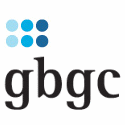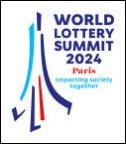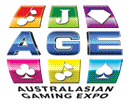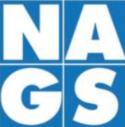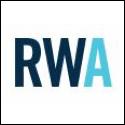The Ontario Gaming Commission Has Proposed a Ban on High-Profile Influencers
ONTARIO (May 14, 2023) — As Ontario’s gambling regulator ponders a ban on celebrities like Leaf’s star Auston Matthews in internet gaming ads, the Canadian Mental Health Association is urging a bolder move — a ban on all advertising of online betting to protect teens and young adults.
The ads — which are prominent and frequent in NHL playoff television broadcasts — are “enticing them to gamble,” the CMHA says in recommendations to the Alcohol and Gaming Commission of Ontario.
“In Ontario, we’re seeing an alarming increase among students in Grades 7 to 12 betting money on online gambling,” the association’s submission continues, citing a 2021 Centre for Addiction and Mental Health study on Ontario student drug use and health which found 15 per cent reported gambling with money online.
That was up from four per cent two years earlier.
While Ontario recently marked its first anniversary of regulated online gambling, some of the internet gaming sites are not regulated in the province and are based offshore or running illegally, the CMHA says. An IPSOS survey released in early April found 85 per cent of respondents who gambled in Ontario said they did so on regulated sites.
The gaming commission proposed the ban on high-profile influencers like sports stars last month over fears of a “harmful impact” on minors. In Ontario, the legal age for online gaming is 19.
A ban would target “athletes as well as celebrities that can reasonably be expected to appeal to children and youth” because of “advertising and marketing approaches that strongly appeal to persons who are under the legal gaming age,” says the commission, which invited feedback from the industry and the public.
On television, several online gaming companies are using athletes and celebrities like Matthews with Bet99 and Wayne Gretzky with BetMGM. Some ads promote in-game bets and sports highlight programs often have commentators weighing in on betting scenarios.
The Canadian Gaming Association, representing companies including FanDuel, Draft Kings, Bet99 and BetMGM, maintains it does a “good job” at balancing the promotion of online gaming with being responsible.
“You can’t open an account unless you provide a piece of verified identification,” spokesman Paul Burns told the Star in April.
But the mental health association said the ads are still influencing minors and young adults whose brains are not fully formed until they reach 25, making them more prone to taking risks.
“Gambling-related harms such as financial loss, mental health issues, substance use, and suicide ideation can have a devastating and long-lasting impact on the individual and their family.”
Risks are particularly high in low-income families, says the association, which is also calling on the commission to require internet gaming sites to set limits on how much money can be wagered and how much time can be spent online.
At a minimum, internet gaming advertising should be limited to times of day “when the likelihood of exposure to children is minimal,” the CMHA recommends, contending that ads visible to youth will help the online gaming industry capture a “next generation” of customers.
The first year of online regulated gambling in Ontario saw the industry take $1.4 billion in revenue on wagers of $35.6 billion, according to iGaming Ontario. At least a million players have registered accounts with more than 40 site operators and their average monthly spending is about $70.
SOURCE: The Record.
Tags: Gaming Commission, Ontario, High-Profile Influencers


















